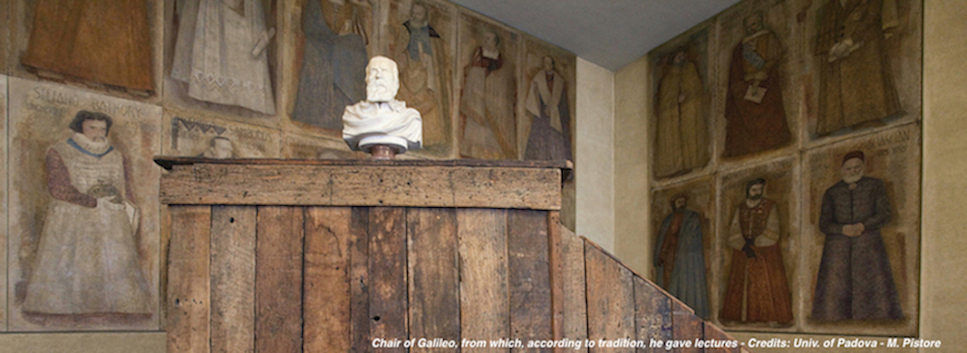Speaker
Description
Neutrinoless double beta decay (0νββ) is a hypothetical lepton number violating nuclear process which creates matter without a compensation of anti-matter. If observed, it would give an insight on why our universe is predominantly composed of matter. Furthermore, it would reveal the Majorana nature of neutrinos, namely that they are equal to their anti-matter counterpart, and possibly explain why their mass is so small.
Since 2011, the GERDA collaboration has searched for 0νββ of $^{76}$Ge by operating bare germanium detectors, enriched in the double-beta decaying isotope $^{76}$Ge, in liquid argon. Exploiting the combination of excellent energy resolution of germanium and scintillating properties of argon, the GERDA experiment succeeded to perform a background-free search of 0νββ for the entire duration of its Phase II.
In November 2019, after fulfilling and exceeding the design goals of the experiment, data taking was stopped. No signal has been observed, hence a lower limit on the half-life of 0νββ in $^{76}$Ge has been set at $T_{1/2}>1.8 \times 10^{26}$ years at 90% C.L..
At this talk the final results of the GERDA experiment will be presented.
| Collaboration name | GERDA |
|---|

